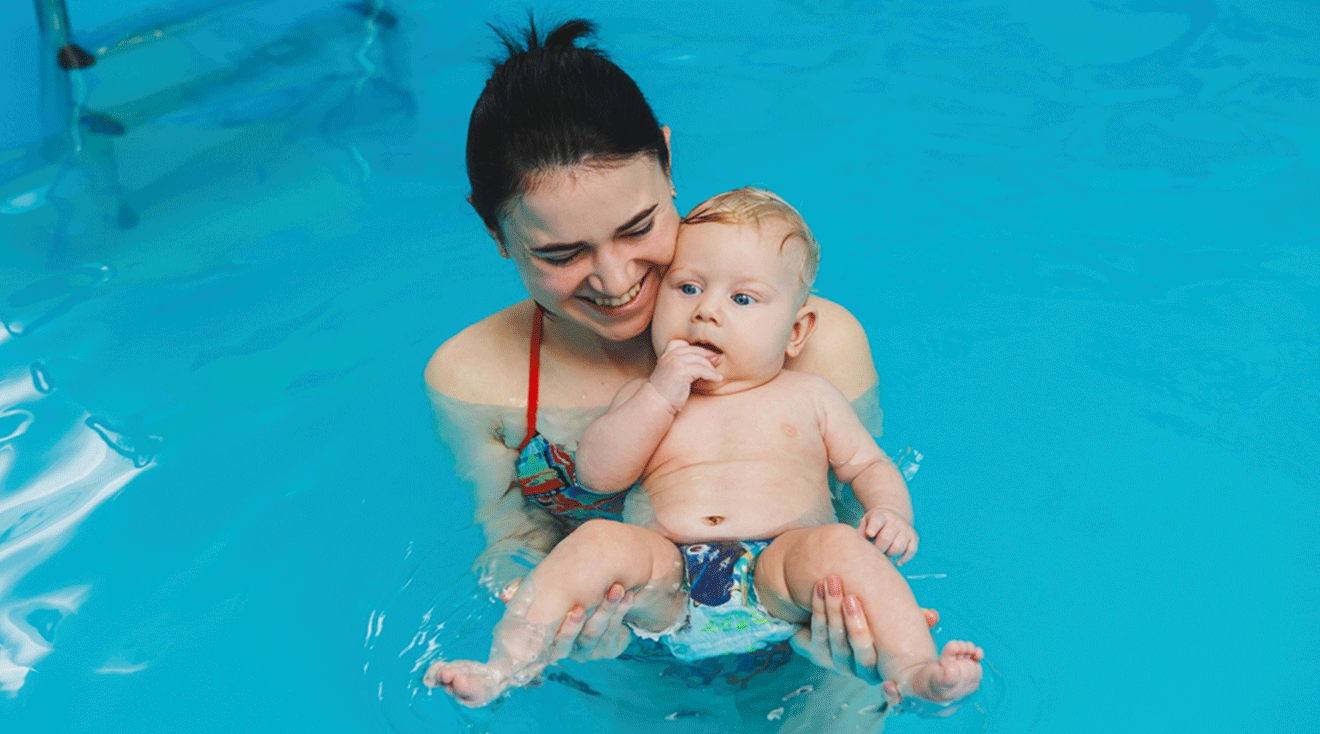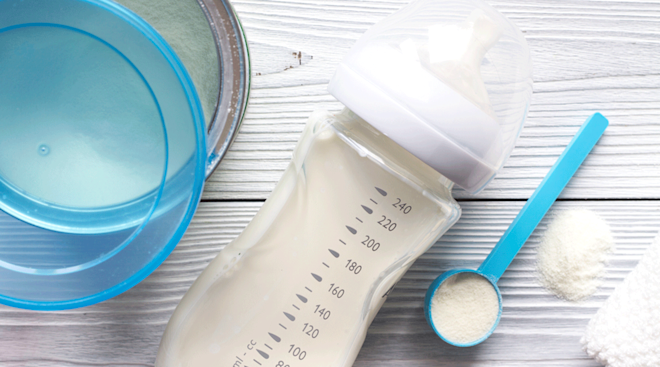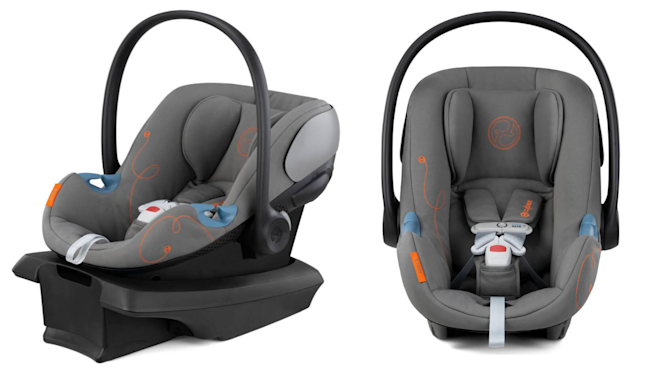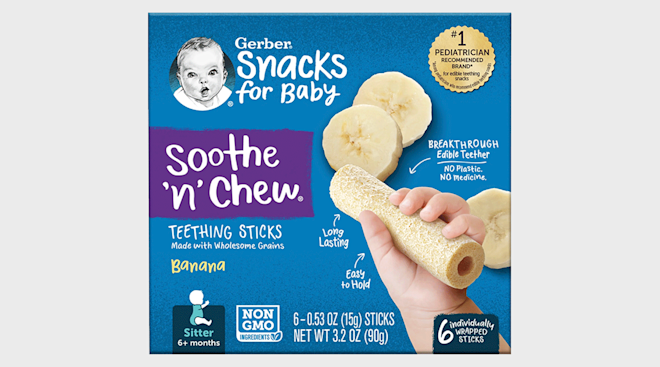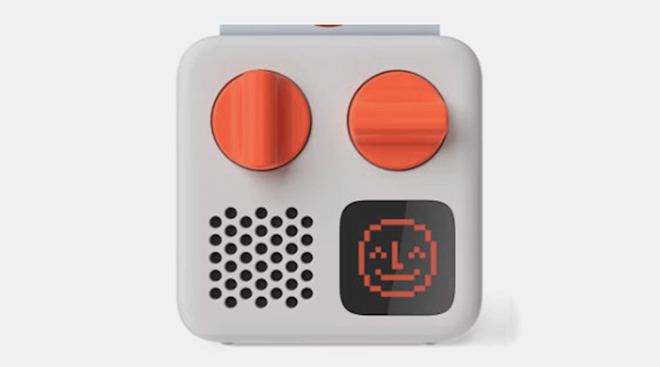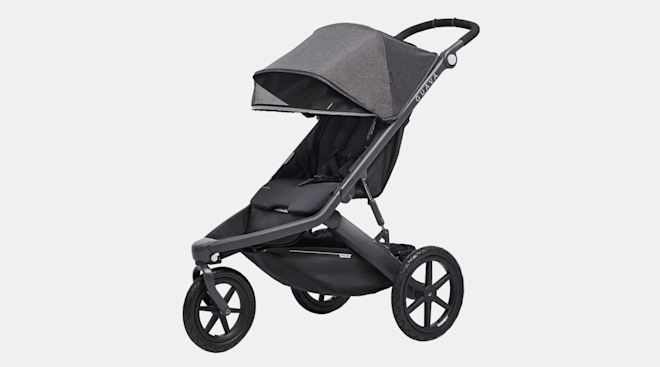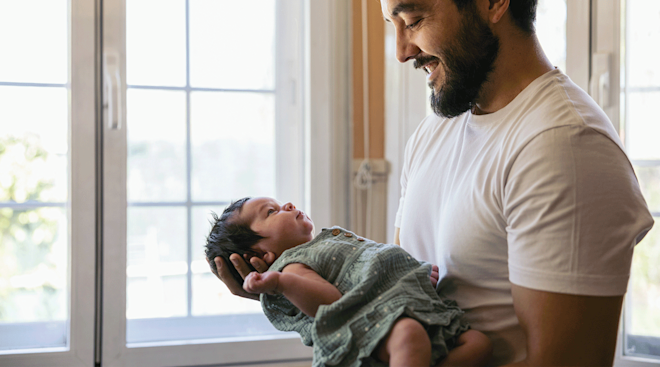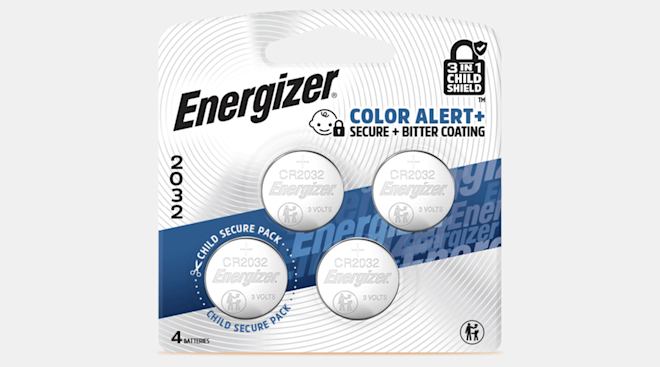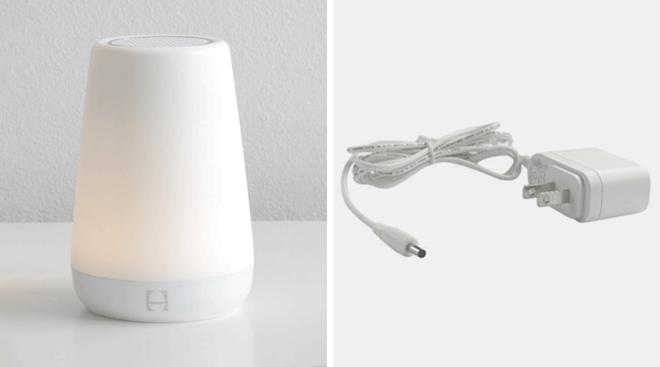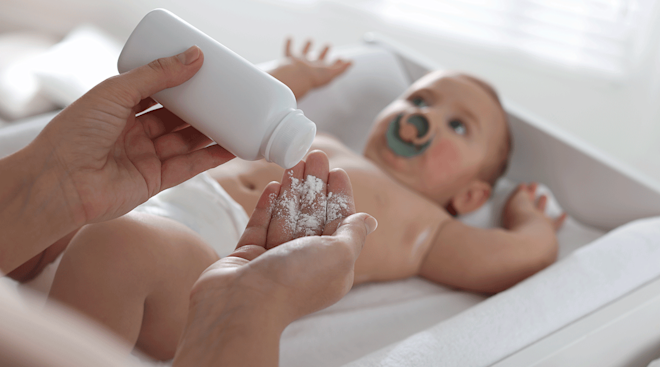Babies Should Start Swim Lessons at 1, AAP Says
As baby quickly transitions from crawling to walking and becomes eager to explore, more adventures await but so do new risks. One of the biggest dangers during the summertime—water. Drowning still remains the leading cause of death for children 1 to 4 years old, and with numbers on the rise, organizations and parents are desperate to find solutions.
In a recent news release, the National Drowning Prevention Alliance (NDPA) in partnership with the American Academy of Pediatrics (AAP) emphasized the importance of getting baby into swim lessons as early as 1-year-old. “The basic skill of learning how to flip and float is lifesaving, and can be taught to a child as young as 1. By teaching children what to do if they fall into the water, how to float and get air, and reach for the side of the pool, we can help avoid having an accident turn into a tragedy,” Blake Collingsworth, founder of the Joshua Collingsworth Memorial Foundation, said in a water safety briefing hosted by the National Drowning Prevention Alliance.
The NDPA recommends that parents put in place as many safety plans as possible to help protect their kids. From a watchful eye to pool alarms, fences and life jackets, all of these things can be an important line of defense, but they often pale in comparison to an early start on swimming.
“As a pediatrician, if I had to pick one layer of protection, the one that spans all the ways that you could end up in the water intentionally or unintentionally, all the different kinds of water that you could end up in, the one that’s always with you is your water competency,” said Benjamin Hoffman, MD, president of the AAP. “We have research that shows it drastically reduces the risk of drowning if they receive lessons about the time they start to walk. If they have basic water survival skills, the learning to flip and float, then you’ve got time to find them and get them out [of the water].”
The AAP does not recommend swim lessons for babies under 12 months old, as they are not only ineffective but potentially stressful to parent and baby. If you are a little worried about how to find the right instructor for your little one after they’ve passed their first birthday, the NDPA tells parents they should consider the following four things to find the best fit for their child.
- Where did the instructor get their training? Who is their certifying organization?
- What is their teaching style?
- What exactly can you expect them to learn? In what timeframe?
- Are there swim lesson scholarships available for kids in my area? This can be helpful if lessons in your budget aren’t working for your child, and you think a different school or private instructor could make a difference.
Looking for more ways to safeguard your child this summer? Check out these additional tips for keeping your kiddo safe around water.
Please note: The Bump and the materials and information it contains are not intended to, and do not constitute, medical or other health advice or diagnosis and should not be used as such. You should always consult with a qualified physician or health professional about your specific circumstances.
Navigate forward to interact with the calendar and select a date. Press the question mark key to get the keyboard shortcuts for changing dates.

































